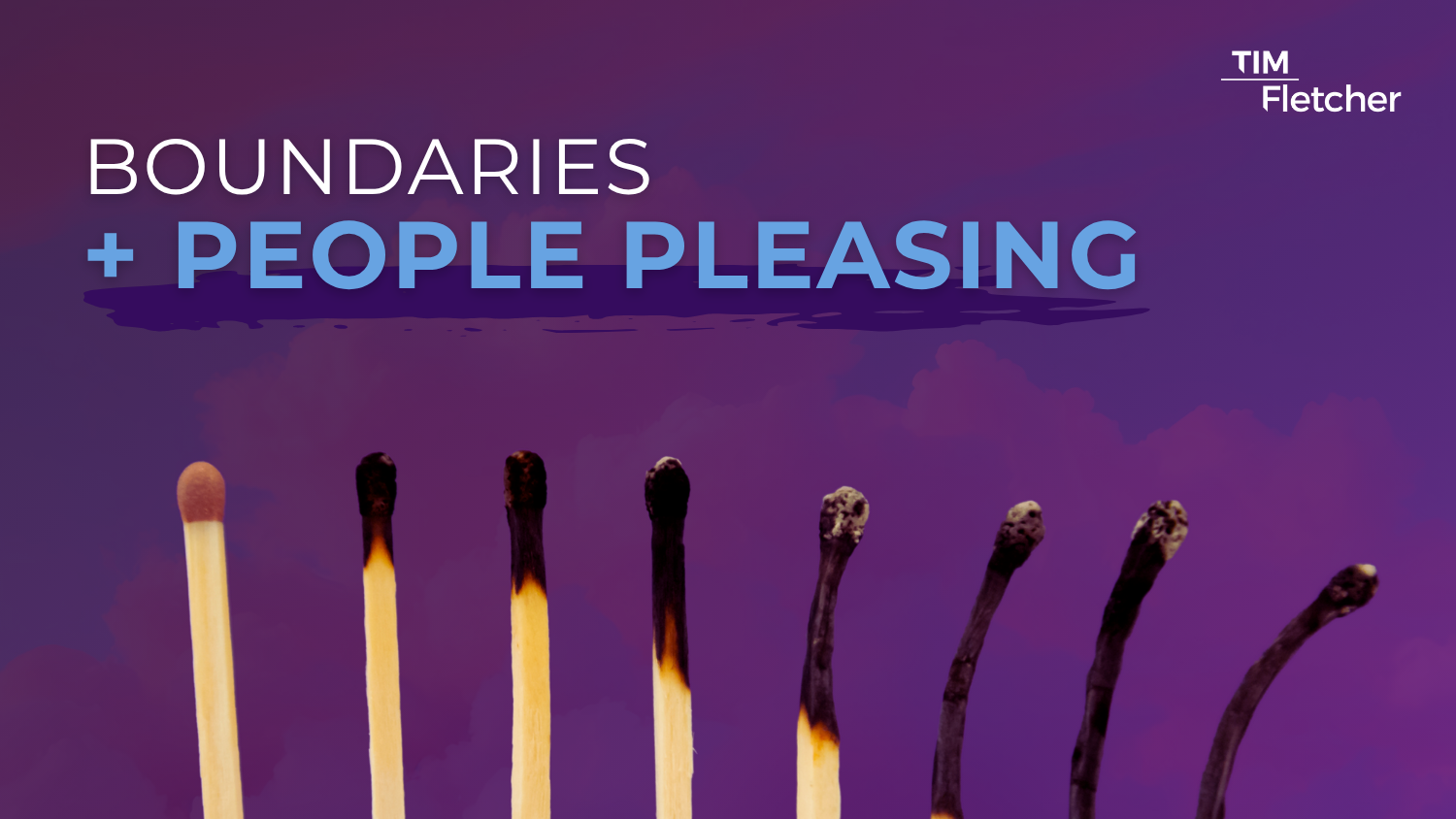Nourishing the Wounded Self: How Food Fuels or Fights Healing from Complex Trauma
The Trauma-Food Paradox
We live in a world where eating is often rushed, distracted, or driven by stress rather than nourishment. For those with complex trauma, food isn’t just fuel—it’s a battleground. It can be:
- A soothing balm for a dysregulated nervous system.
- A prison of shame, control, or addiction.
- A substitute for unmet emotional needs.
Complex trauma rewires our relationship with food. We don’t just "eat to live"—we eat to numb, to rebel, to punish, or to fill an emptiness that therapy alone can’t always reach.
But what if food could become an ally in healing? What if the right choices could reduce anxiety, stabilize moods, and even rewire a traumatized brain?
Let’s explore how complex trauma shapes eating behaviors—and how to reclaim food as a tool for true nourishment.
How Complex Trauma Hijacks Our Relationship with Food
1. "Why Do I Eat When I’m Not Hungry?" – The Emotional Hunger Trap
Complex trauma often blurs the lines between physical and emotional hunger. Many of us learned to:
- Eat to silence pain ("Here’s a cookie, stop crying.")
- Use food as control (Rigid diets or secret binges to feel power in chaos.)
- Seek validation through eating ("Grandma loved when I cleaned my plate.")
"Food was designed to meet physical needs, but trauma crosses the wires—we use it to fill emotional voids instead." – Tim Fletcher
The result? A cycle of shame, weight fluctuations, and food addiction—because no amount of chocolate can heal a broken attachment system.
2. "Is It Really Willpower? Or Is My Brain Working Against Me?"
Society tells us overeating is a lack of discipline. But for trauma survivors, it’s often:
- A survival mechanism (Eating to numb hypervigilance.)
- A dopamine chase (Sugar and carbs mimic the "connection high" we crave.)
- A rebellion ("You can’t control what I eat.")
Research shows: Trauma alters brain chemistry, making us more prone to cravings and less responsive to fullness cues.
3. "Why Can’t I Stick to a Healthy Diet?" – The Trauma-Body Disconnect
Many with complex trauma:
- View their body as an enemy (Shame from bullying, abuse, or cultural pressures.)
- Fear pleasure (Restricting food feels "safer" than enjoying it.)
- Struggle with routines (Chaotic upbringing = chaotic eating.)
Key insight: Healing isn’t about "perfect" meals—it’s about relearning trust in your body’s signals.
Food as Medicine: How to Support Trauma Healing
1. Foods That Calm the Nervous System
Trauma keeps the body in fight-or-flight mode. These foods help lower inflammation (linked to anxiety/depression) and boost mood-regulating neurotransmitters:
- Omega-3s (Salmon, walnuts, flaxseeds) – Reduces brain inflammation (- Magnesium-rich foods (Spinach, dark chocolate) – Eases muscle tension and anxiety.
- Probiotics (Yogurt, kimchi) – Gut health directly impacts mood.
Practical tip: Start small. Swap one processed snack for berries or nuts.
2. Breaking the Shame Cycle
- Challenge diet culture: Ask, "Am I eating from fear or from care?"
- Gentle nutrition: No "good" or "bad" foods—just choices that honor your healing.
- Mindful eating: Pause to ask, "What do I truly need right now?" (Comfort? Connection? Rest?)
"Recovery isn’t about punishing the body you hate—it’s about nurturing the body that survived."
3. When Food Isn’t Enough: Addressing the Root
Trauma healing requires both forks and therapy. Consider:
- Somatic therapy (Reconnecting with body signals.)
- Support groups (For food addiction or trauma recovery, like ACA).
- Routine-building (Regular meals = safety for a traumatized brain.)
A Gentle Challenge for Readers
1. Notice one trigger (Stress? Loneliness?) that drives emotional eating.
2. Experiment: Replace a guilt-laden snack with a nutrient-dense alternative.
3. Reflect: "How does my body feel when I eat with kindness?"
Progress, not perfection, is the goal.
Reclaiming Food as a Sacred Act
For trauma survivors, every meal can be a tiny rebellion—a choice to nourish rather than numb, to listen rather than punish.
Your body isn’t the enemy. It’s the survivor asking for care.
"Healing begins when we stop using food to silence our pain—and start using it to honor our resilience."
Additional Resources to Support Your Journey
You don’t have to navigate this path alone. Explore these resources designed to support and empower you:
- ALIGN Courses: Practical, self-paced, trauma-informed tools to help you navigate recovery with clarity and confidence.
- Article: Read “Do I Have Complex Trauma?” for actionable insights into overcoming trauma’s long-lasting effects.
Healing is a journey of self-discovery and empowerment. You don’t have to walk it alone. Let’s take the first step together































